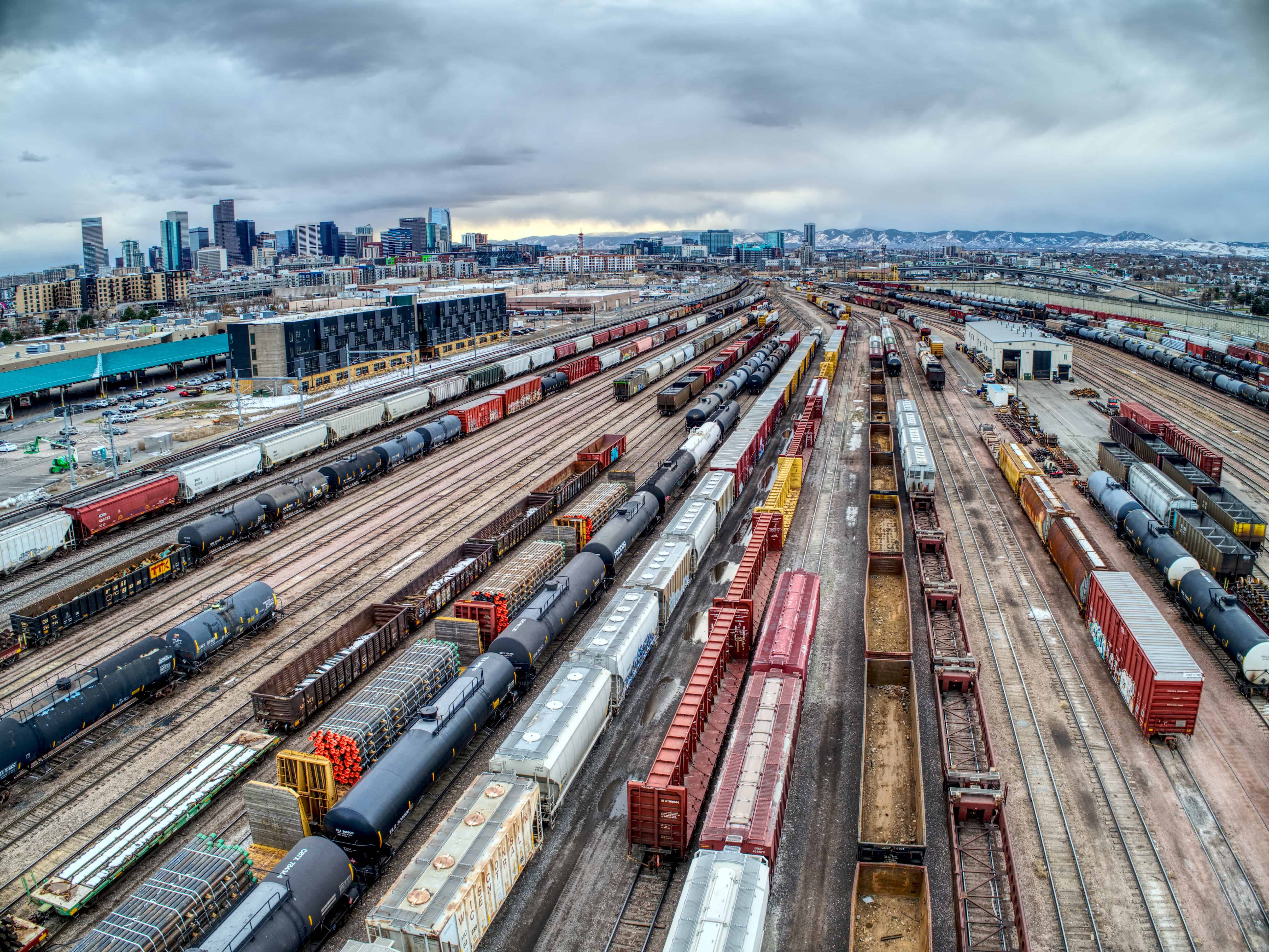
Unconstitutionality Thermonuclear Exceedingly Long Words — The Court’s “Major Questions” Doctrine Is a Canon of Deregulation
Last week, in West Virginia v. EPA, the Court concluded that the Environmental Protection Agency (EPA) exceeded its authority under the Clean Air Act when it sought to regulate carbon dioxide emissions through a cap-and-trade system. West Virginia already has the damaging effect of severely limiting the EPA’s ability to “respond to the most pressing environmental challenge of our time.” But by crystalizing the “major questions doctrine” — which, as the Court construes it, is effectively a canon of deregulation — the case has implications reaching far beyond the EPA, including for labor agencies like the NLRB and DOL. It warns of a further aggrandizement of the Court’s power to frustrate efforts to modernize labor law.



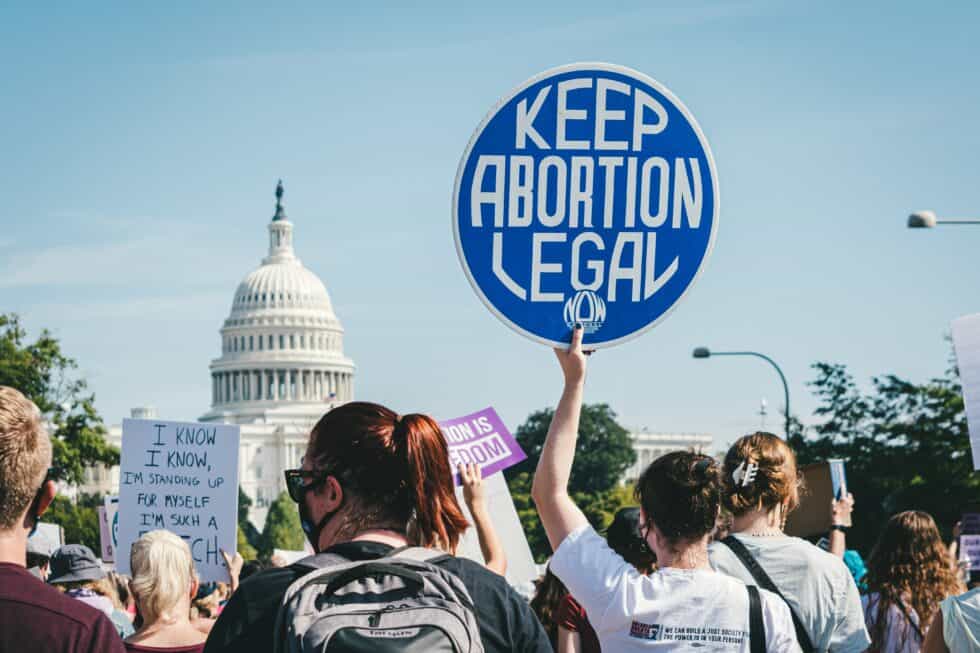
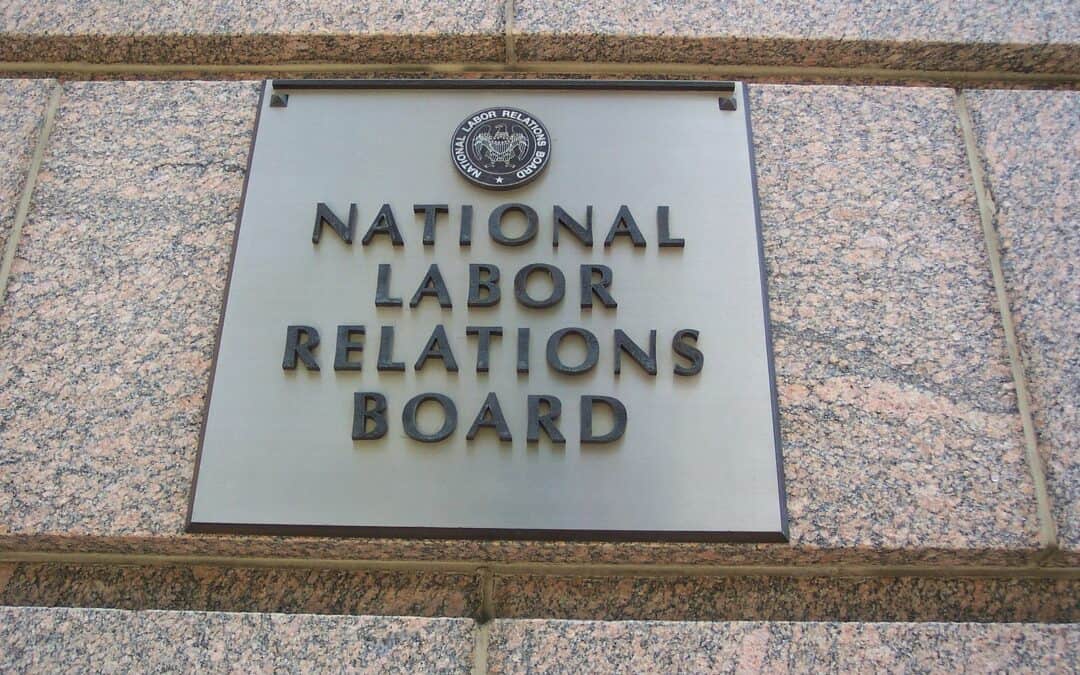
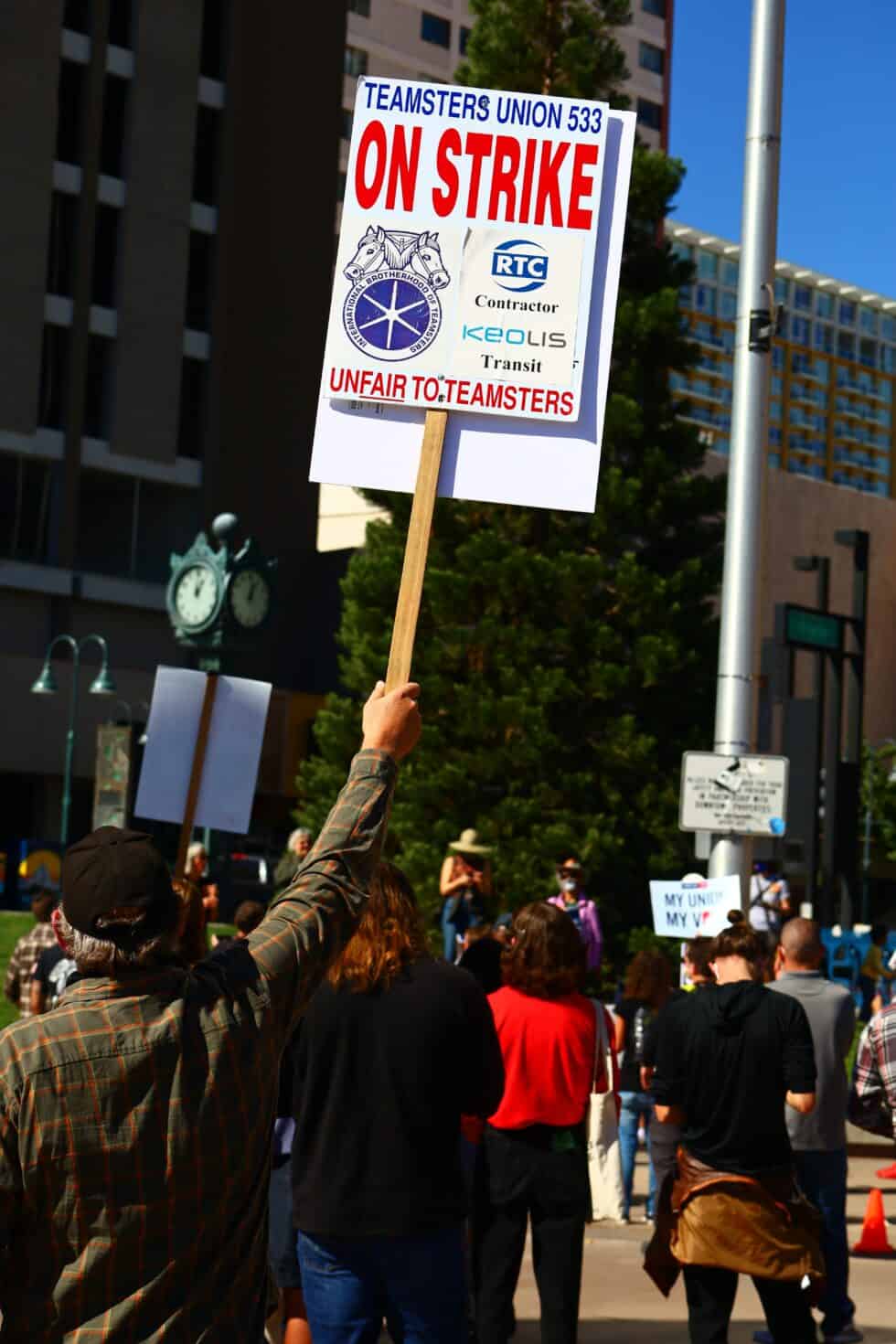

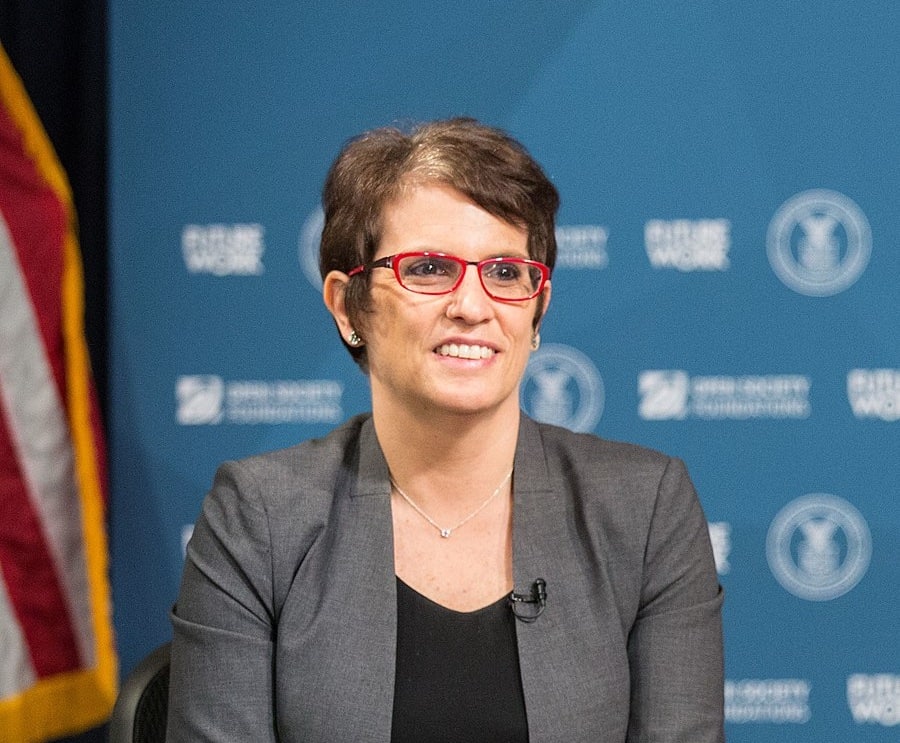

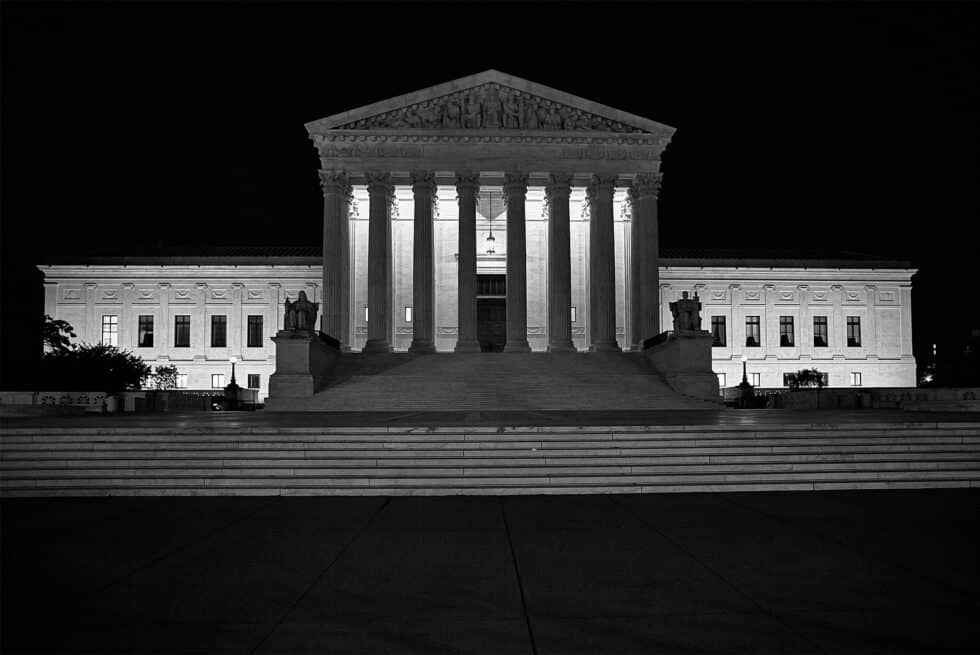

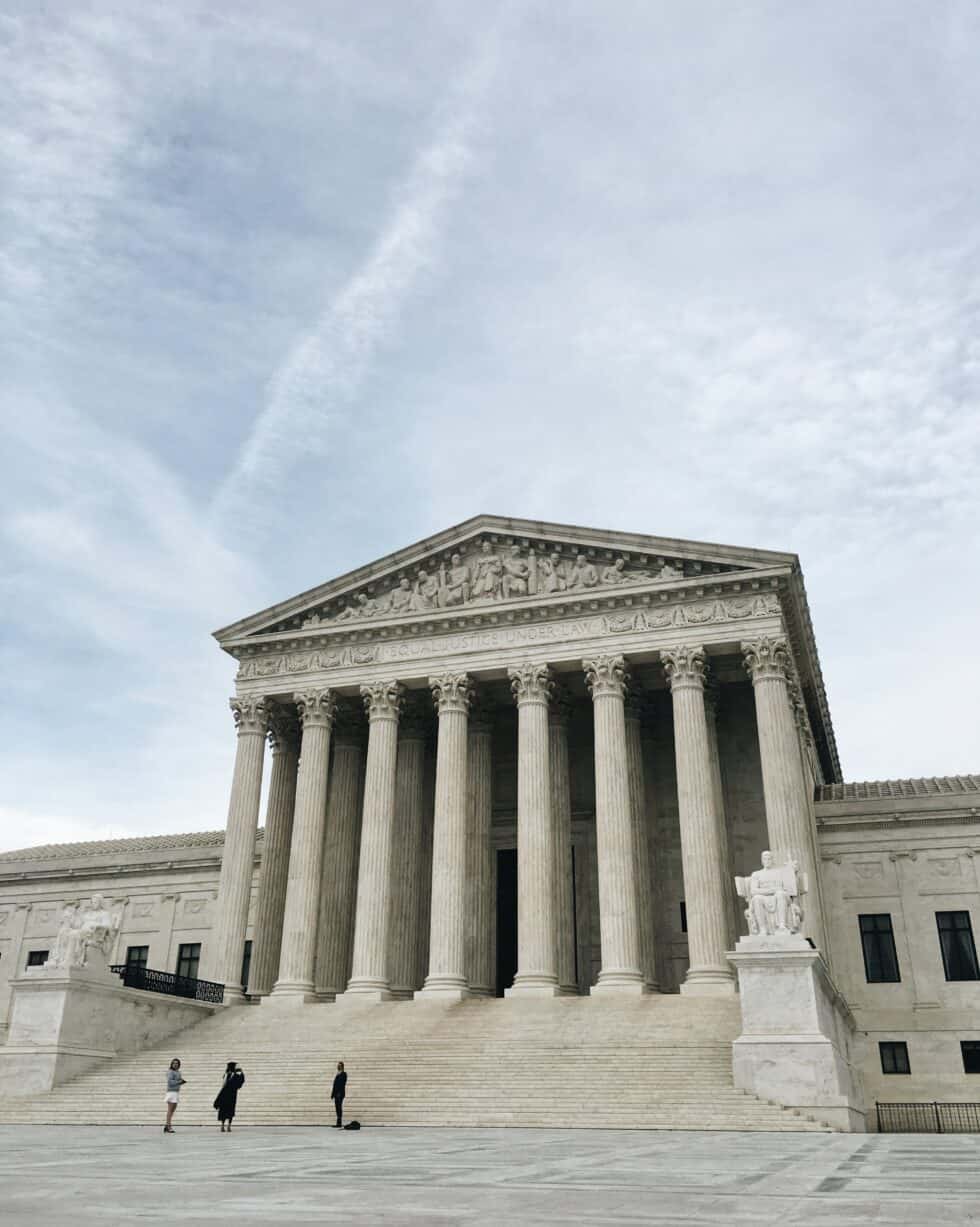


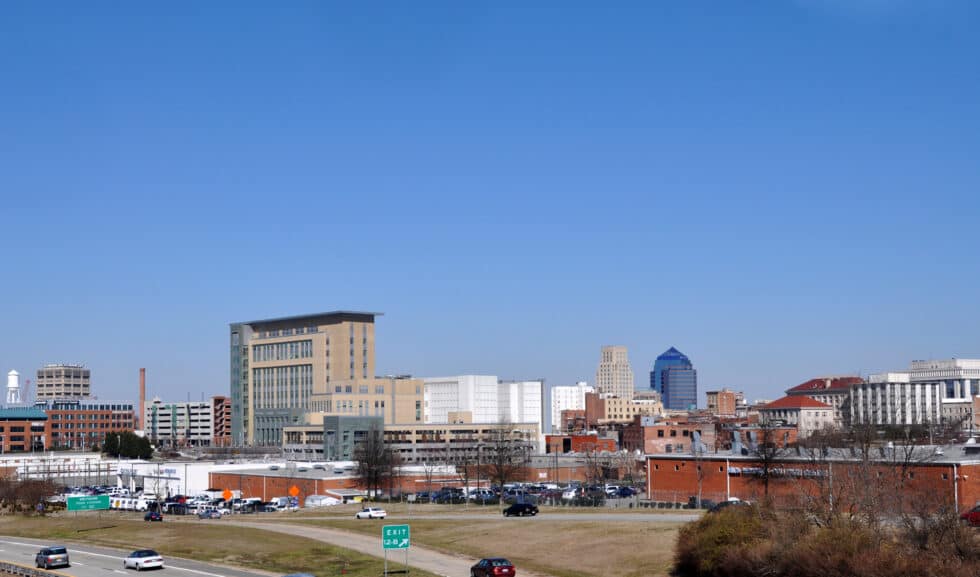

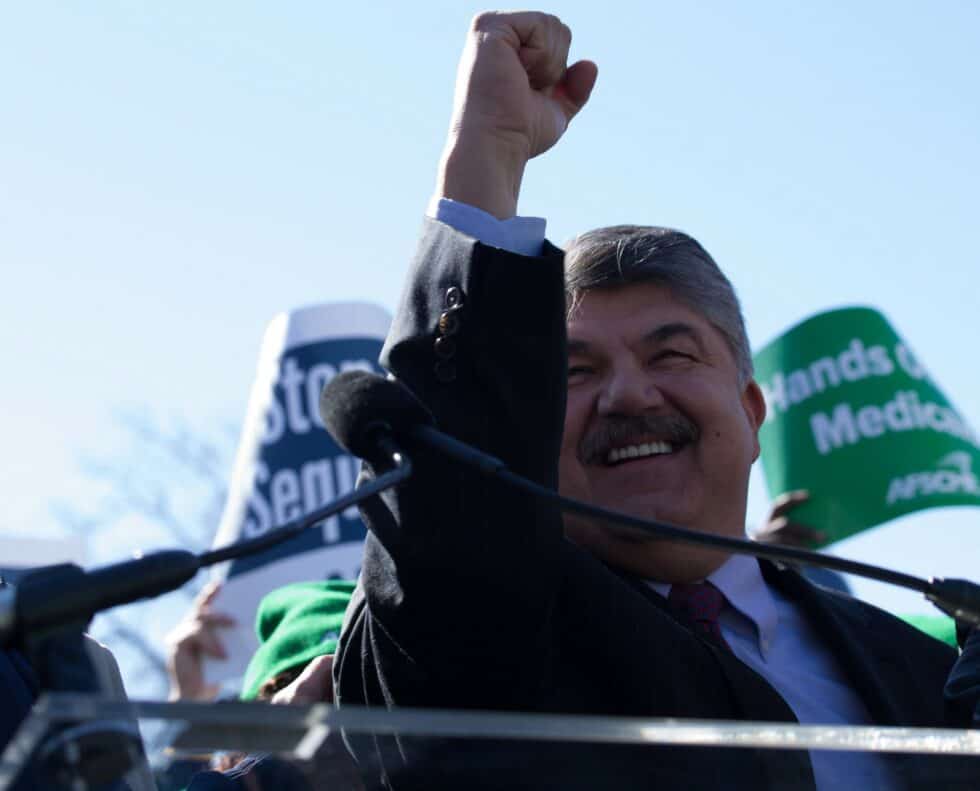
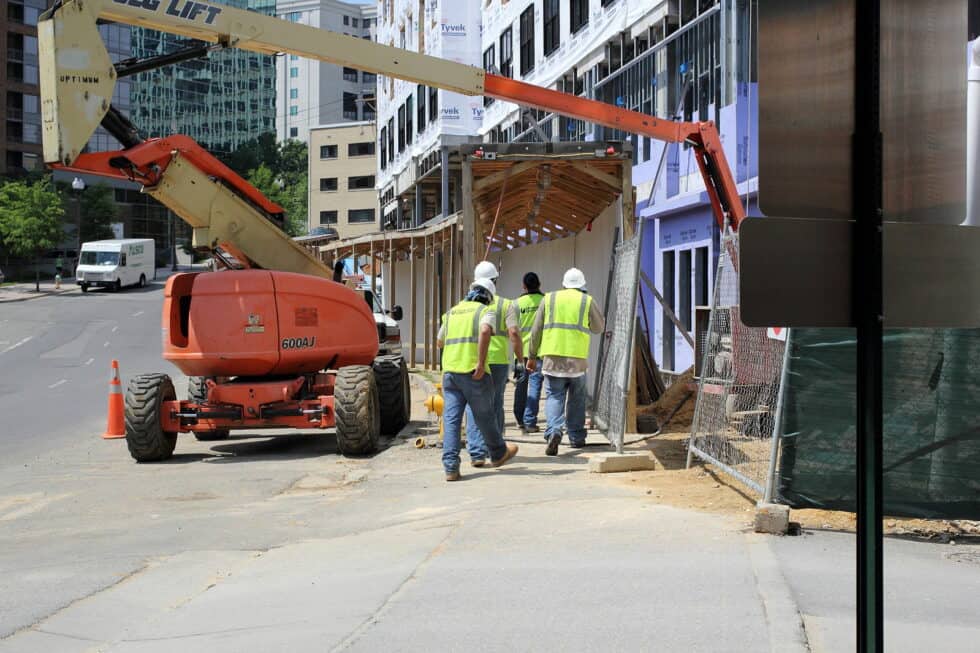


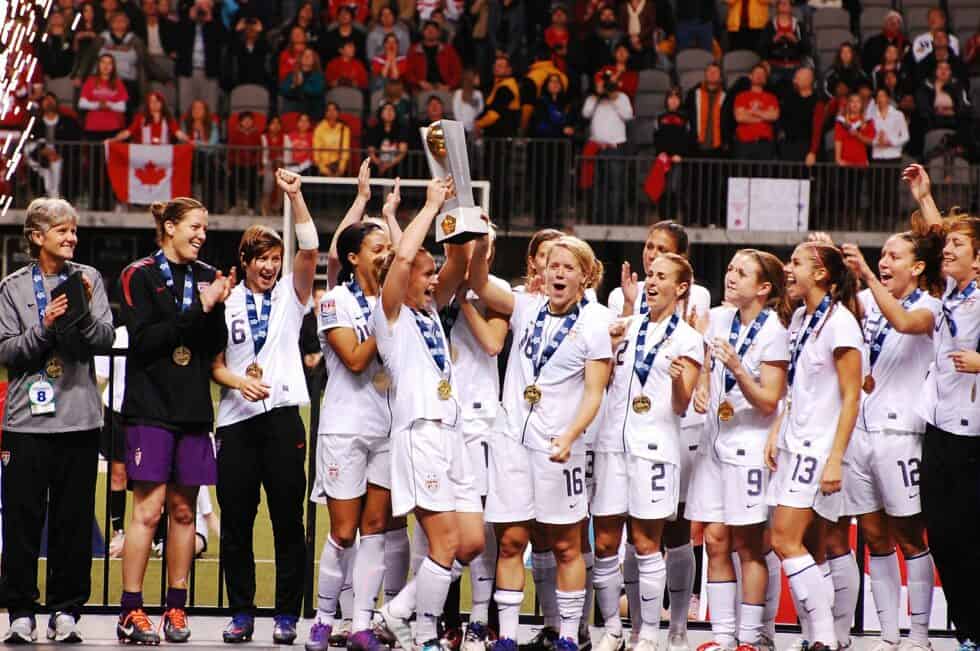
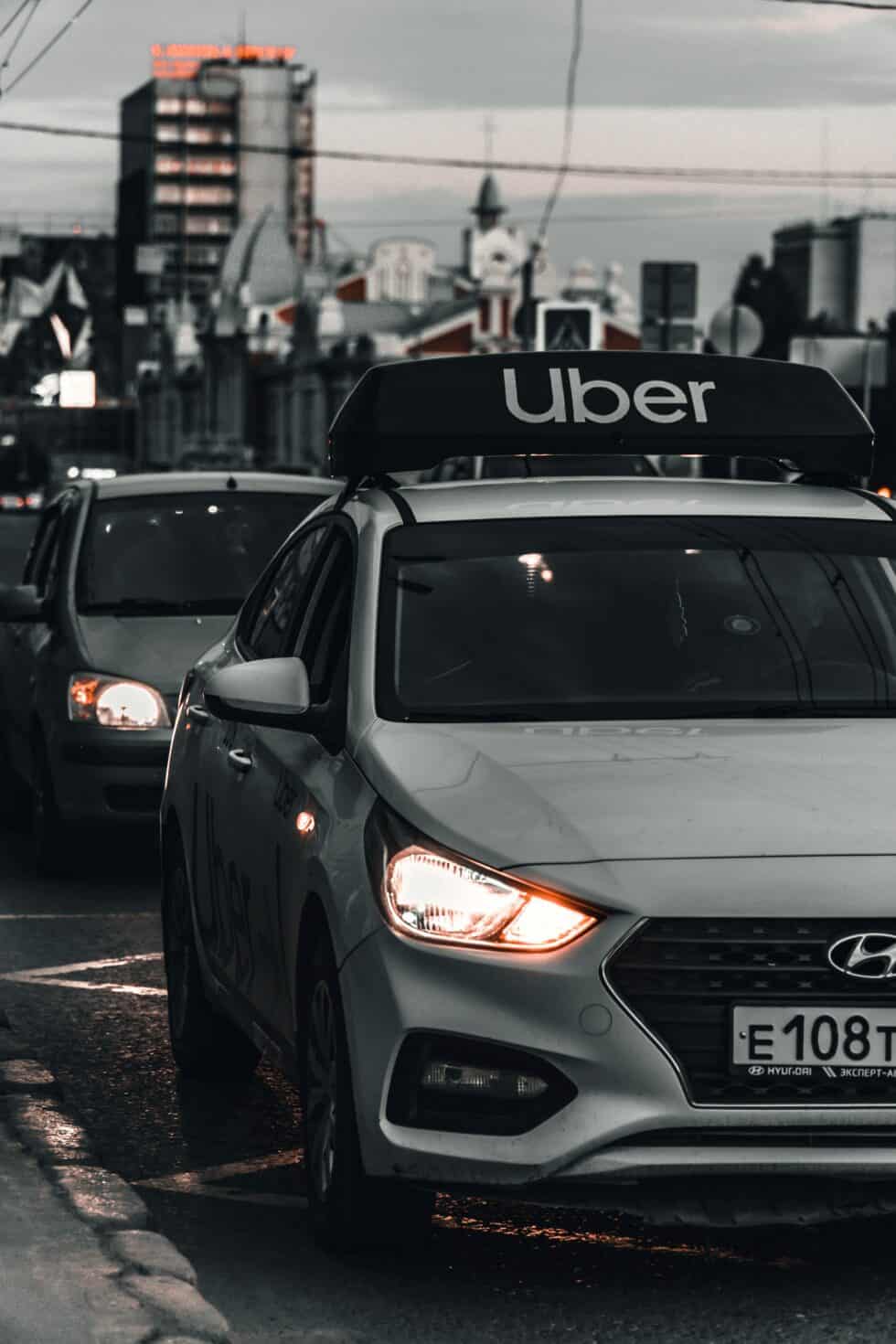

Daily News & Commentary
Start your day with our roundup of the latest labor developments. See all
August 31
Public approval of labor unions has reached a record high and Seattle’s independent contractors have new rights starting this Thursday. A Gallup poll released on Tuesday reports that 71% of Americans support labor unions—the highest approval rating since 1965. The trend toward union support started with the onset of the COVID-19 pandemic.
August 30
The National Labor Relations Board reaffirms prior precedent regarding union insignia at work; AB257 passes the California State Senate; and American University reaches labor deal with striking workers. In a 3-2 decision, the NLRB issued its ruling in Tesla, Inc. on Monday, holding that employer rules banning union insignia are presumptively unlawful absent special circumstances.
August 29
Employers push for an autumn return to the office, and staffing shortages continue to plague the airline industry. As Labor Day approaches, employers are once again pushing for a return to the office. “A number of companies, including Apple, Capital One, Comcast and The New York Times Company, are setting fresh guidelines around returning to the office for September,” the New York Times reported.
August 28
Workers at a Chipotle in Lansing, Michigan became the first to organize one of the chain’s 3,000 locations; U.S. Senator Bob Casey urged the Department of Labor to take action on the use of workplace surveillance technology, including by Amazon; and the U.S. Court of Appeals for the D.C. Circuit said the NLRB must reconsider a ruling over discrimination between unions.
August 26
Teamsters reaches a historic settlement with Universal Intermodal; the Sixth Circuit stays an NLRB injunction ordering reinstatement of the Starbucks “Memphis Seven”; and California considers a bill that would require large employers to submit pay data reports based on sex, ethnicity, and race. Shipping company Universal Intermodal reached a historic settlement with the Teamsters: the company will reclassify its Southern California drayage drivers as employees; will re-open a closed facility in Compton; and will reinstate, with backpay, around 66 workers who were terminated during a unionization effort with the Teamsters.
August 25
The Biden administration released the final version of regulations intended to protect the Deferred Action for Childhood Arrivals (DACA) program against legal challenges on Wednesday. DACA, which originated with a 2012 memo by the Obama administration, offers protection from deportation and the ability to work legally to some 600,000 undocumented young people who came to the US as children. The Biden regulation replaces the Obama-era memo and takes effect Oct. 31. Bloomberg explains that the new regulation comes in repose to legal challenges that have plagued DACA since inception. The final regulation maintains existing criteria for DACA status and the process for seeking work authorization. It will only apply only to DACA renewal requests, not to new applications, because a federal court order barring DHS from granting new requests for status remains in place.